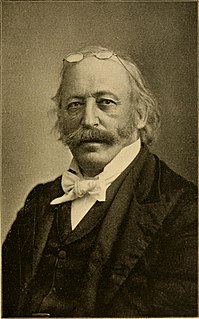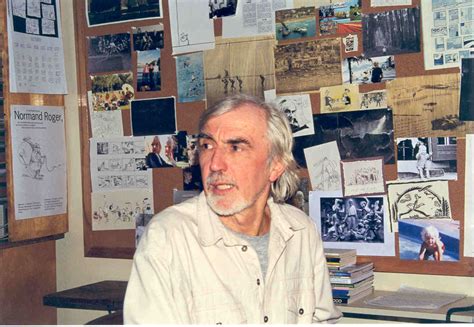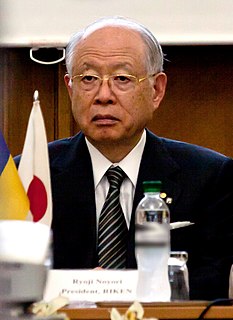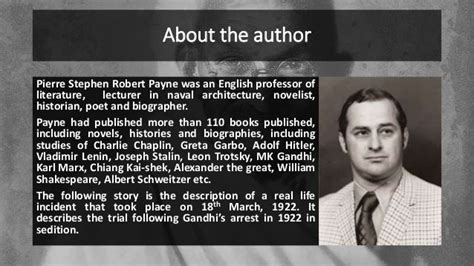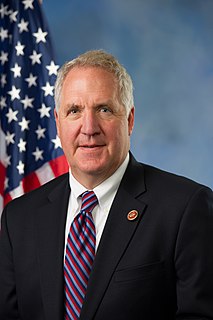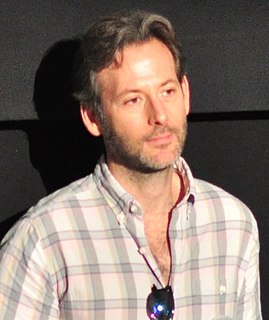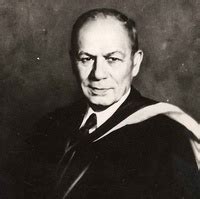A Quote by Kingsley Amis
Those who professed themselves unable to believe in the reality of human progress ought to cheer themselves up, as the students under examination had conceivably been cheered up, by a short study of the Middle Ages. The hydrogen bomb, the South African Government, Chioang Kaidick, Senator McCarthy himself, would then seem a light price to pay for no longer being in the Middle Ages.
Quote Topics
Related Quotes
The great ideals of the past failed not by being outlived (which must mean over-lived), but by not being lived enough. Mankind has not passed through the Middle Ages. Rather mankind has retreated from the Middle Ages in reaction and rout. The Christian ideal has not been tried and found wanting. It has been found difficult and left untried.
Had today's technophobic zealots [environmental activists] been in charge in previous centuries, we would have to roll human progress back to the Middle Ages - and beyond, since even fire, the wheel and organic farming pose risks, and none would have passed the "absolute safety" test the zealots demand. Putting them in charge now would mean an end to progress, and perpetual deprivation for inhabitants of developing nations.
In western civilization, the period ruled by mysticism is known as the 'Dark Ages' and the 'Middle Ages'. I will assume that you know the nature of that period and the state of human existence in those ages. The Renaissance broke the rules of the mystics. "Renaissance" means the "rebirth". Few people today will care to remind you that it was a rebirth of reason - of man's mind.
In the Middle Ages the king offered protection to his subjects in return for their loyalty, and the subjects were doubly protected, for the church also sheltered them. The need for shelter - for a father image that cares and will hopefully provide and give some meaning to human lives - remains as real as it was in the Middle Ages, but modern technocracy has no place for either the father or the church and provides no substitute.
We tend to look at successful athletes and make them almost bigger than life. I have seen many young men who have achieved greatness. I have also seen those who have come up a little short of their potential. I do know that those who succeed have been able to recognize within themselves the potential to do something well and then work hard to prepare themselves for that eventual opportunity. Others wait for the opportunity to come and then start to work, thus coming up a little short.
During all the first part of the Middle Ages, no other people made as important a contribution to human progress as did the Arabs, if we take this term to mean all those whose mother-tongue was Arabic, and not merely those living in the Arabian peninsula. For centuries, Arabic was the language of learning, culture and intellectual progress for the whole of the civilized world with the exception of the Far East. From the IXth to the XIIth century there were more philosophical, medical, historical, religiuos, astronomical and geographical works written in Arabic than in any other human tongue.



